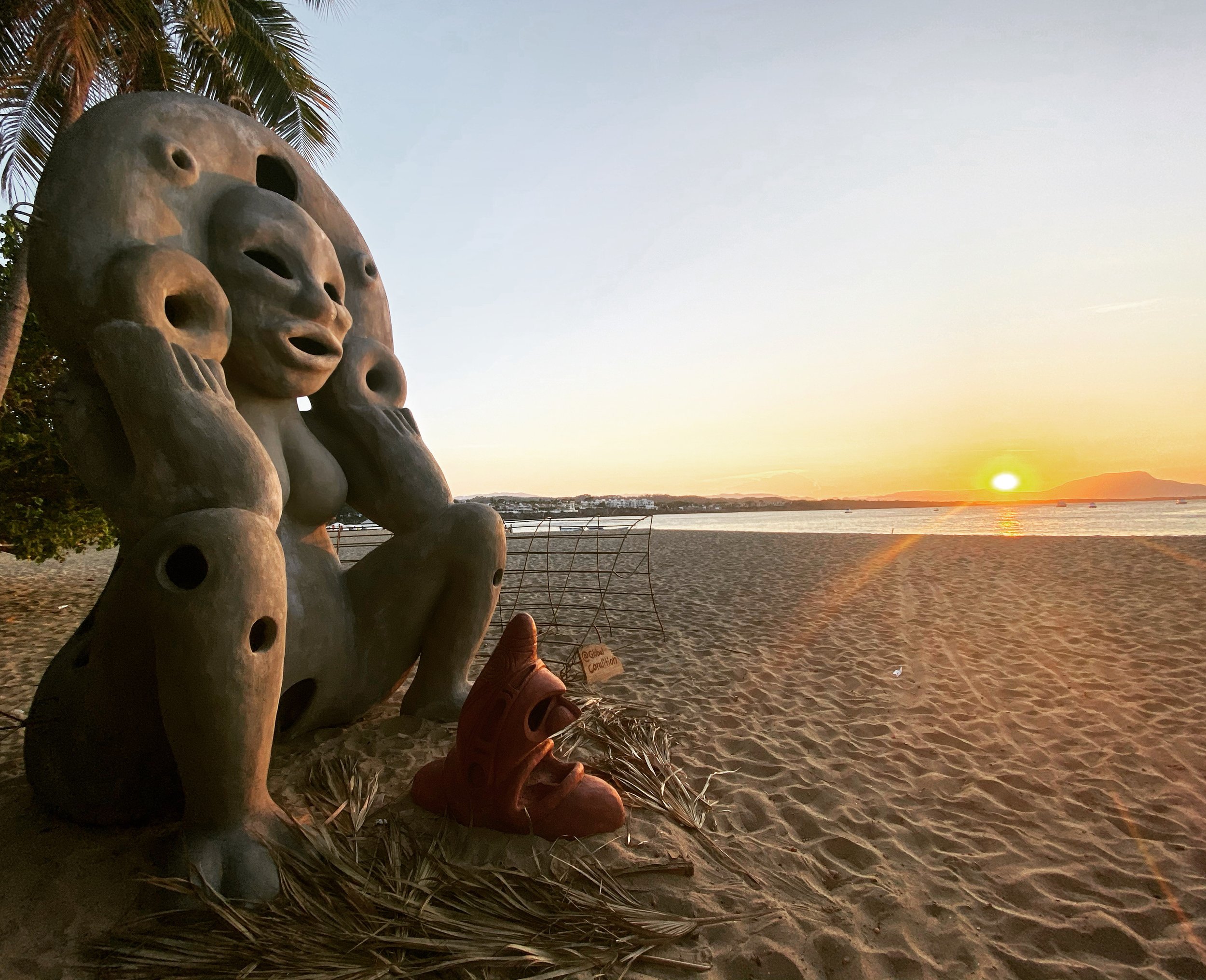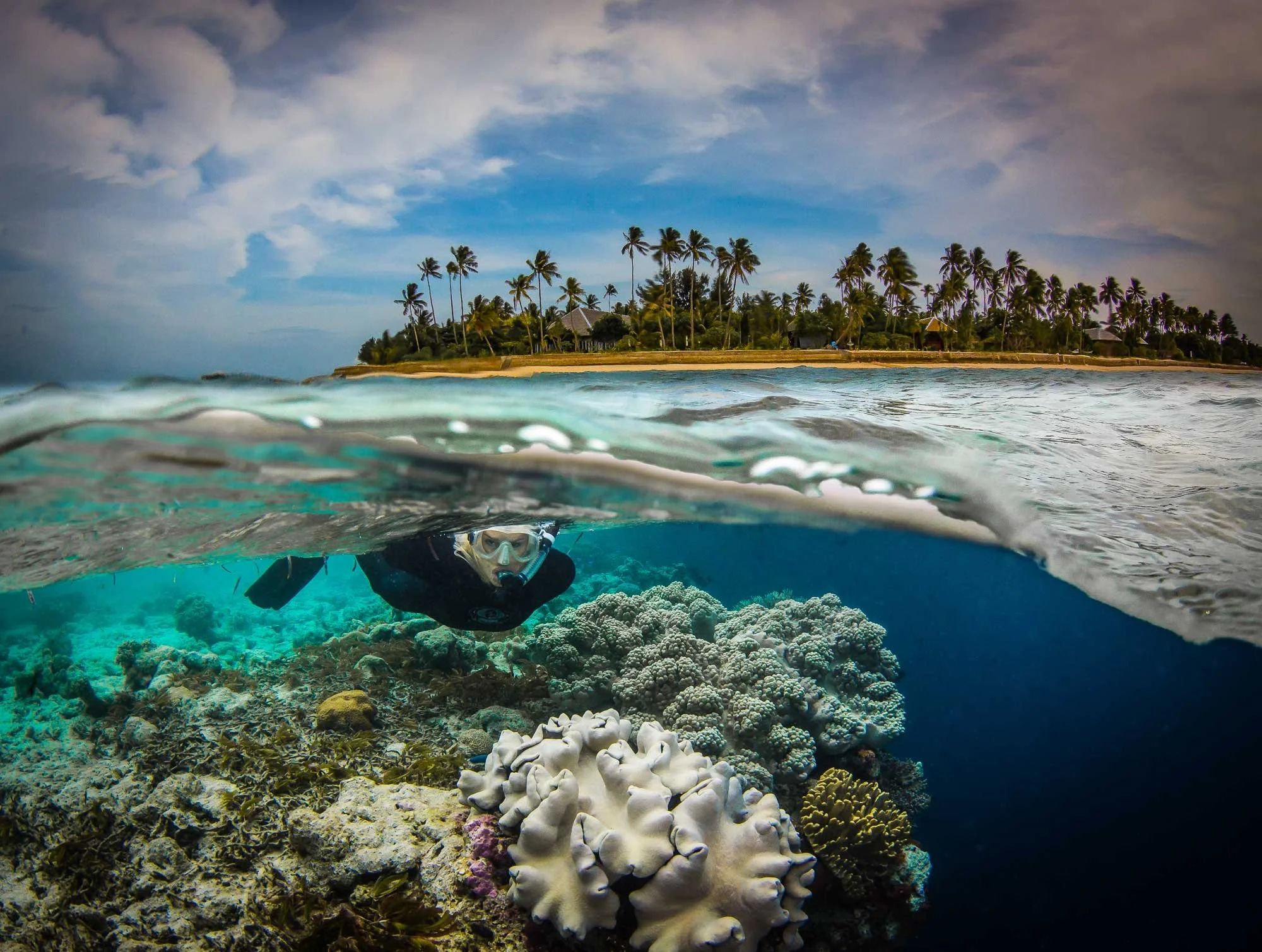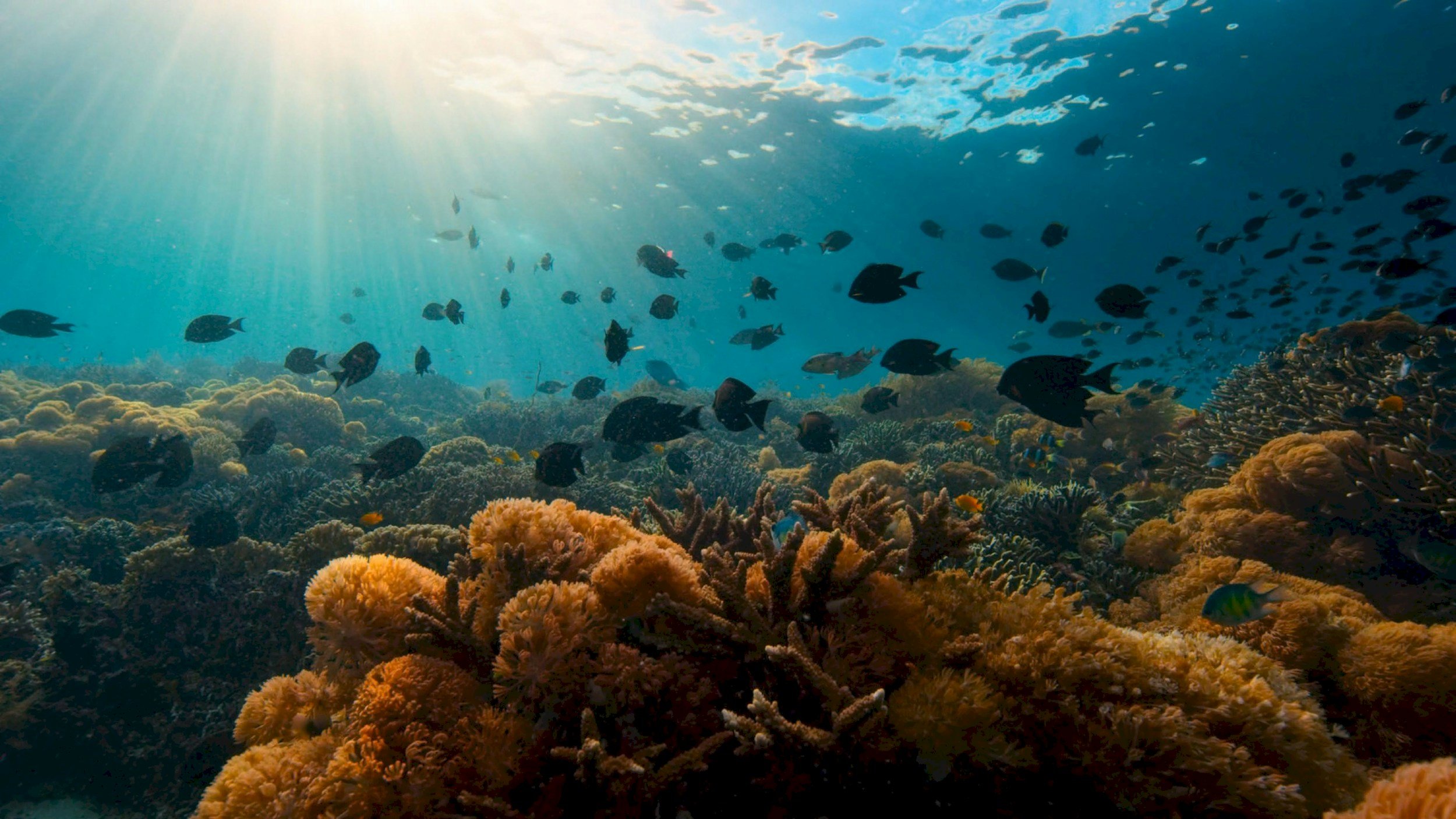
uniting art, science and communities
to regenerate our marine ecosystems across 30 of our most critical reef sites.
OUR VISION
A global movement of large-scale underwater sculptures and storytelling
to unify efforts and accelerate marine protection, coral farming and mangrove restoration
across 30 of the most critical coral reef sites.
Scientists have found that due to the rapid recovery rates of marine ecosystems,
with the right interventions, we can actually rebuild marine life by 2050.
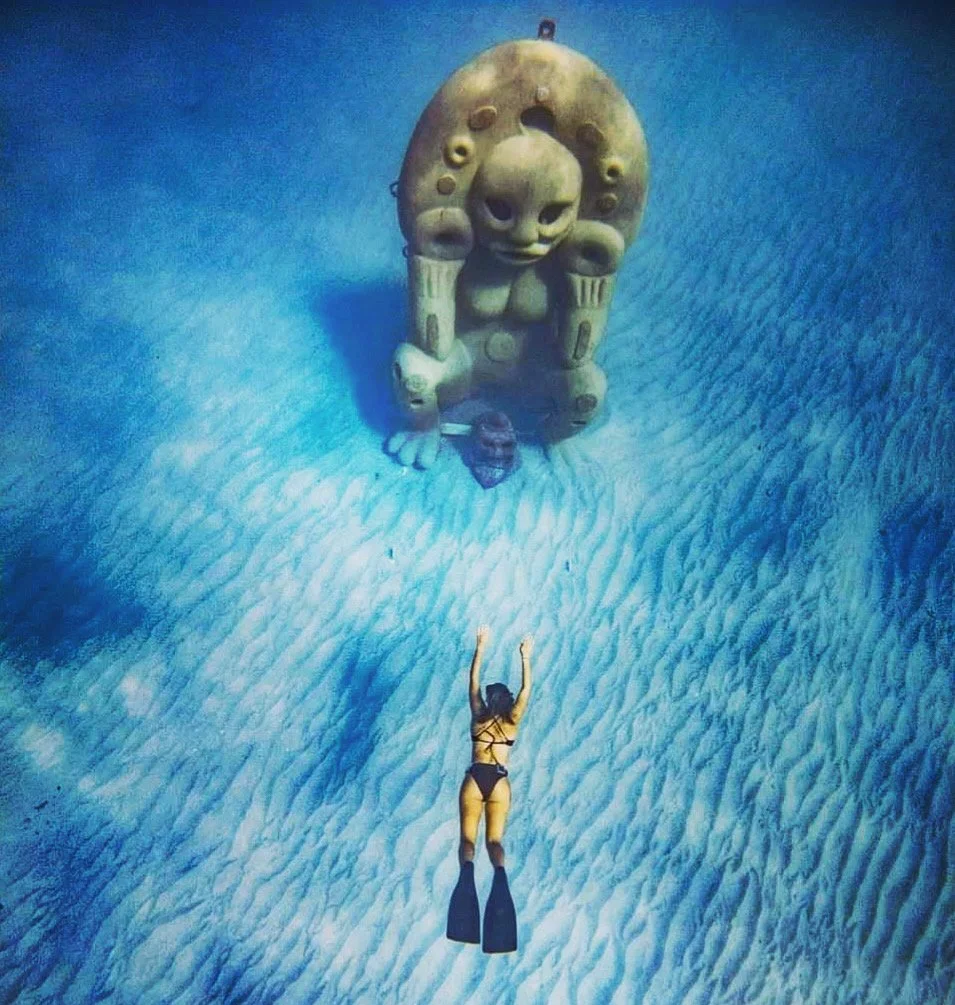


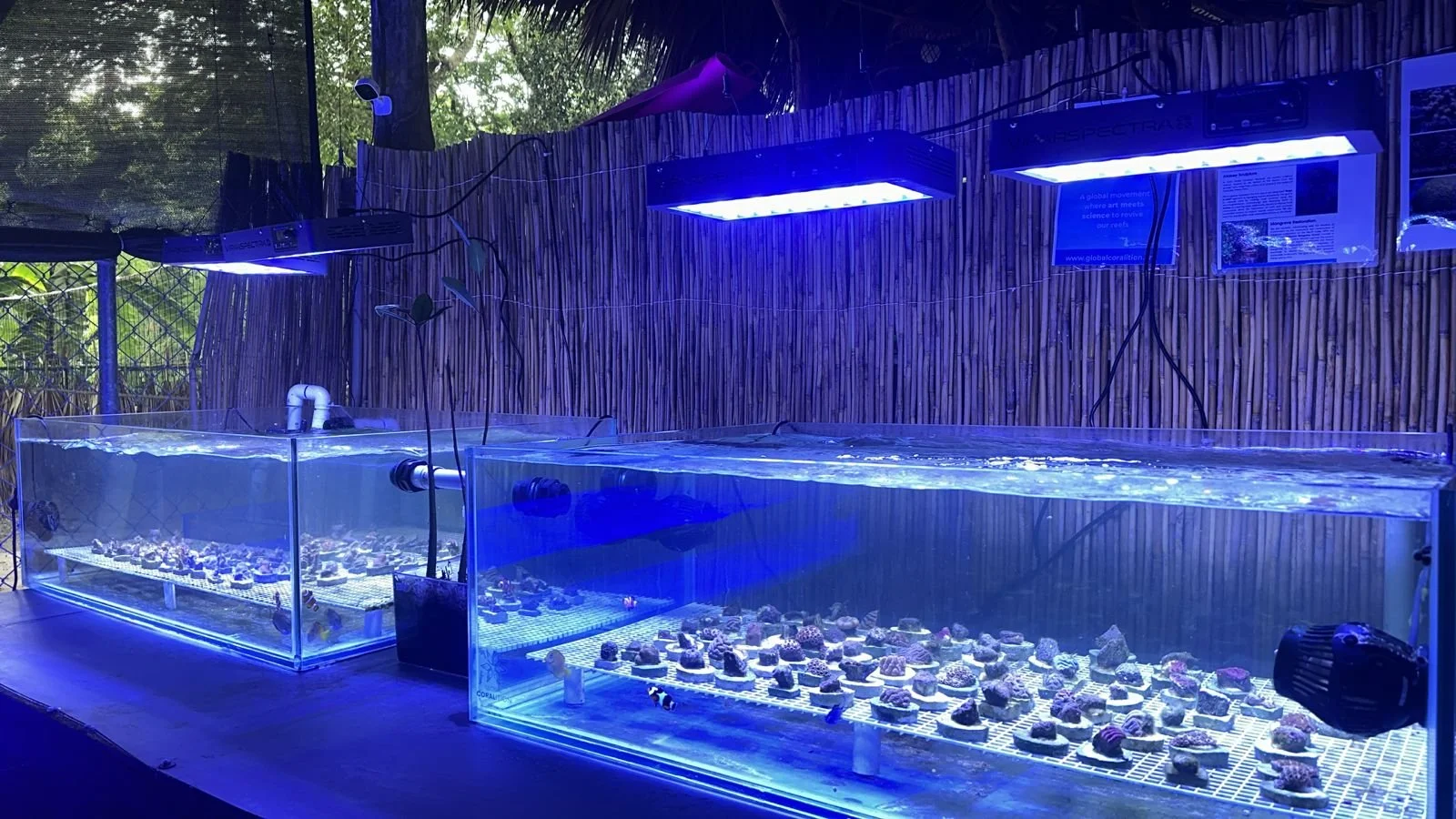


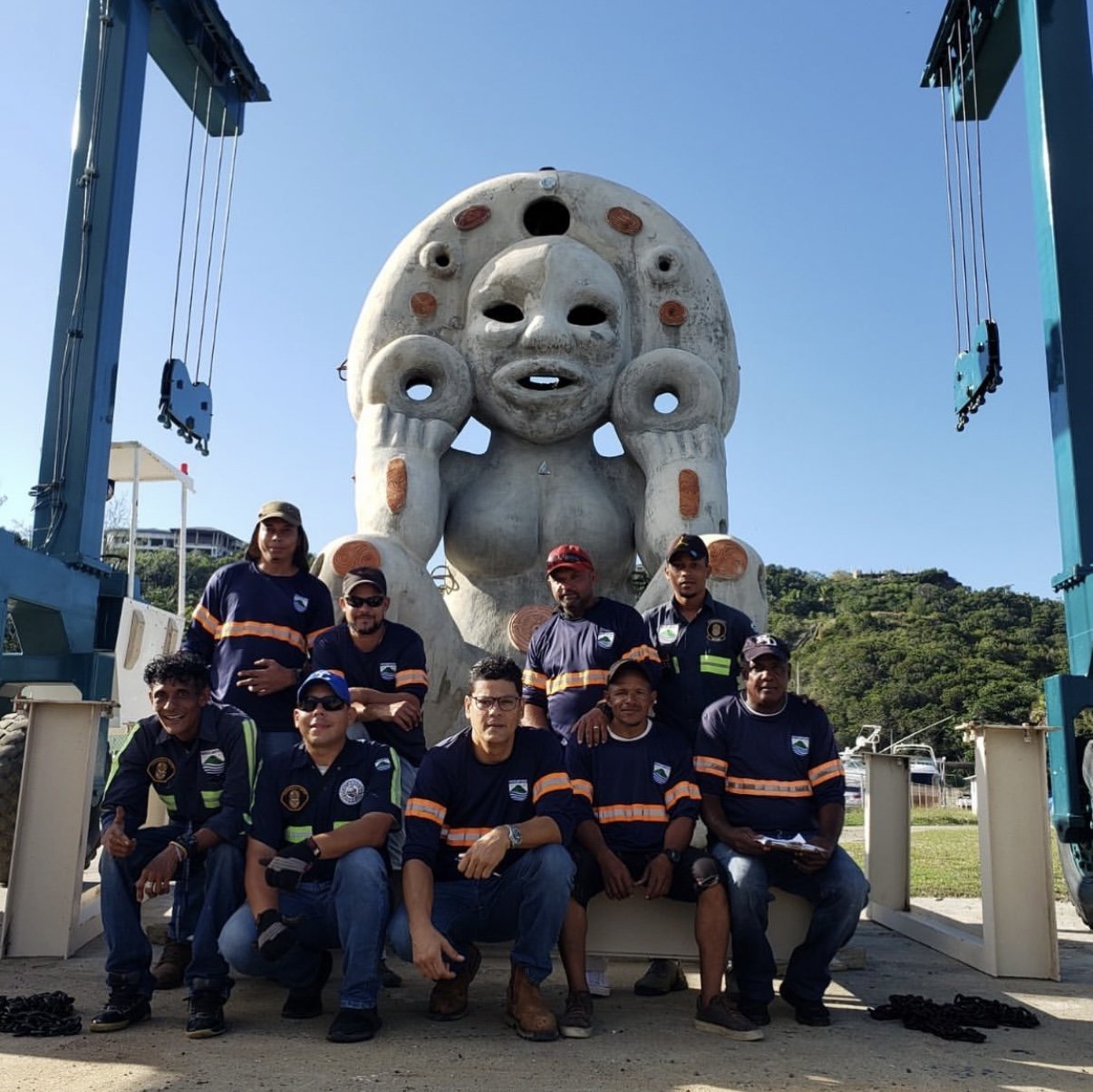
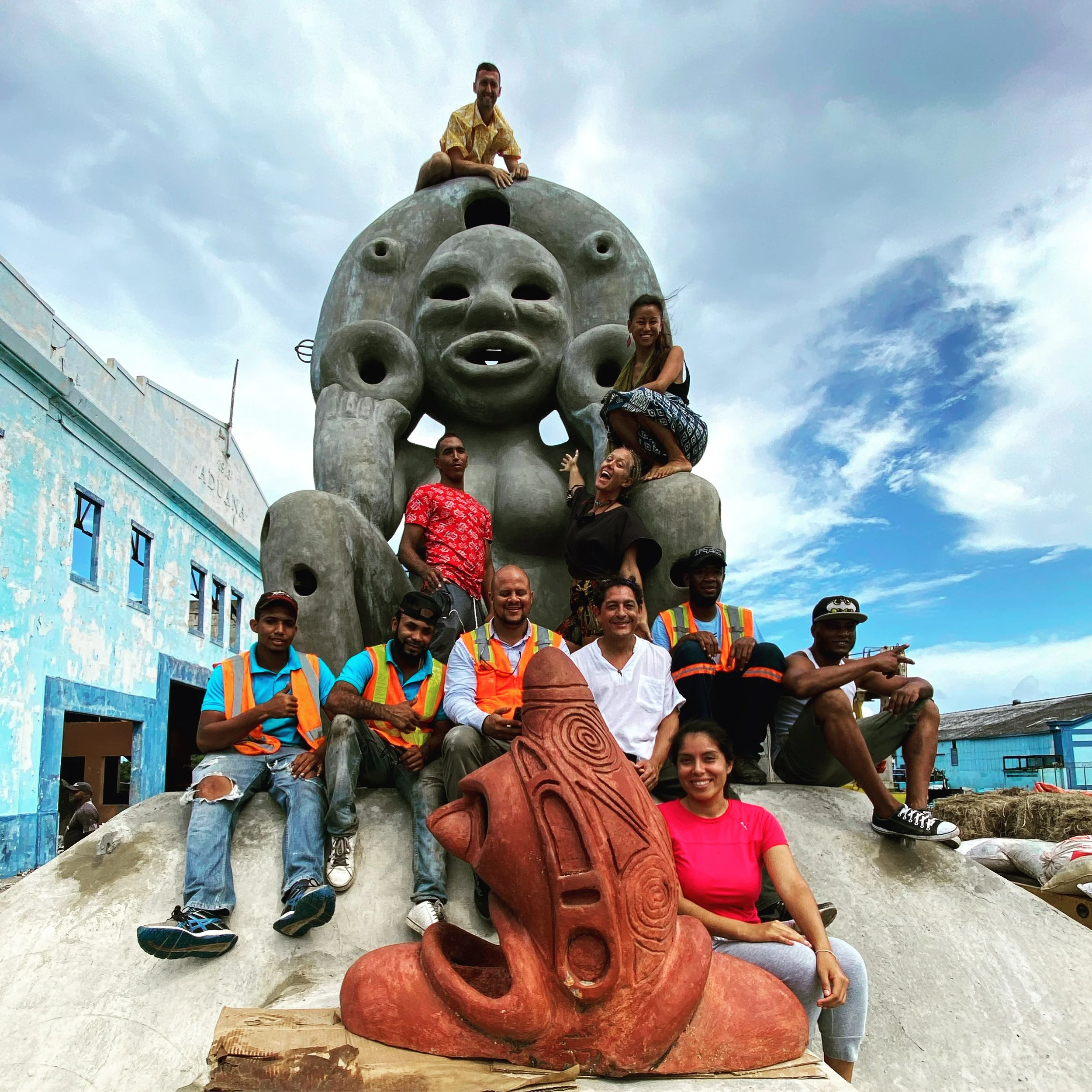
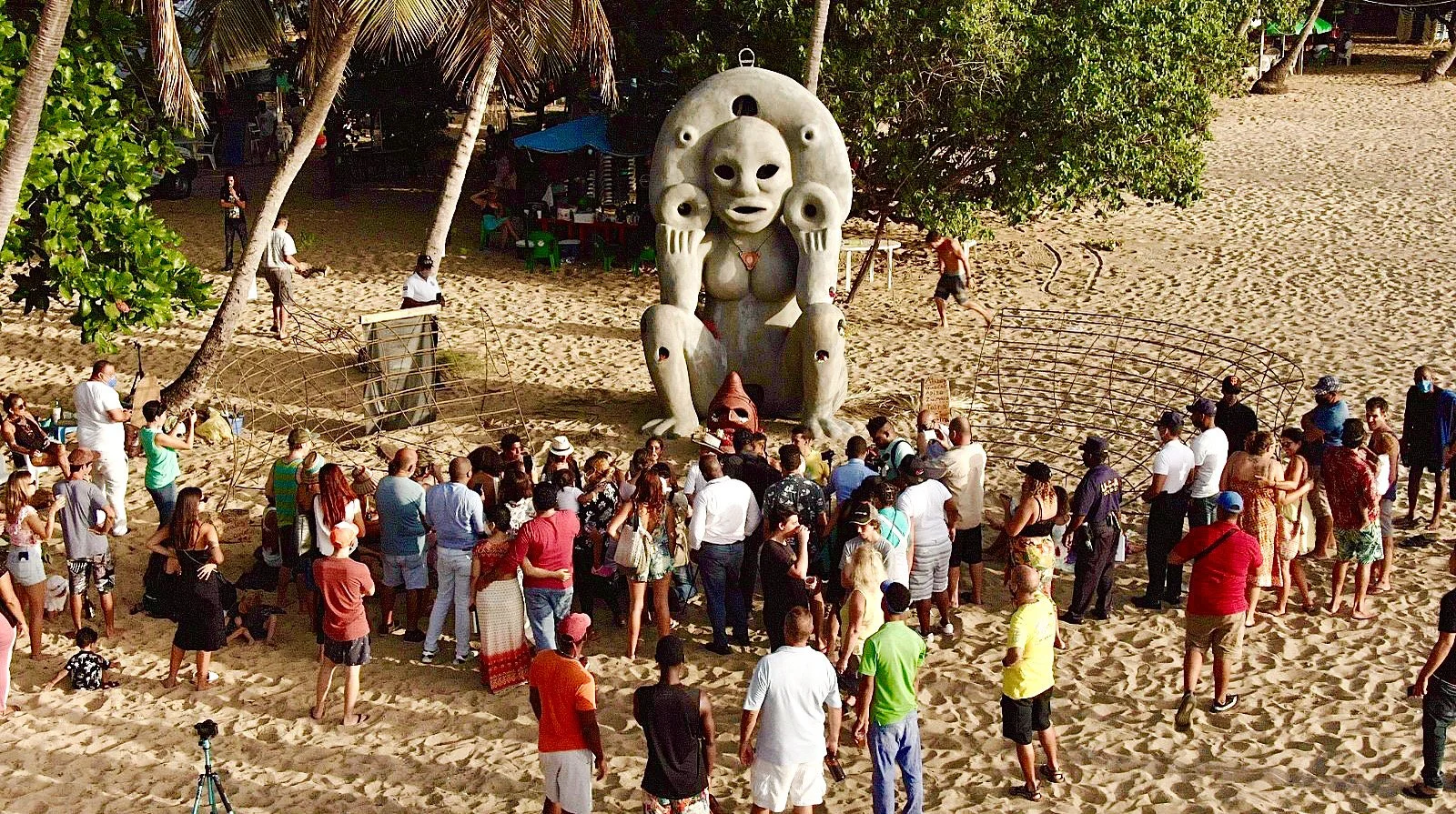
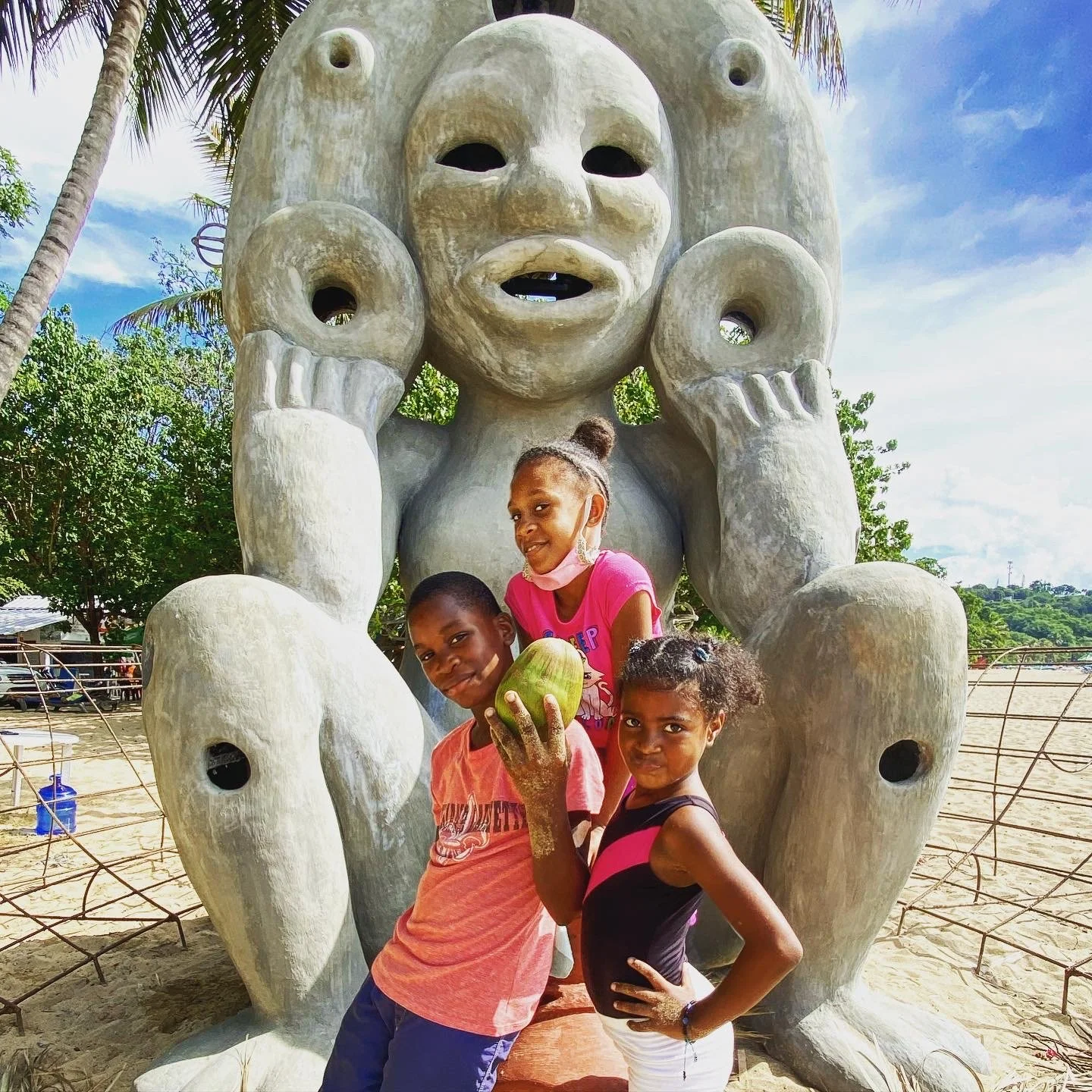
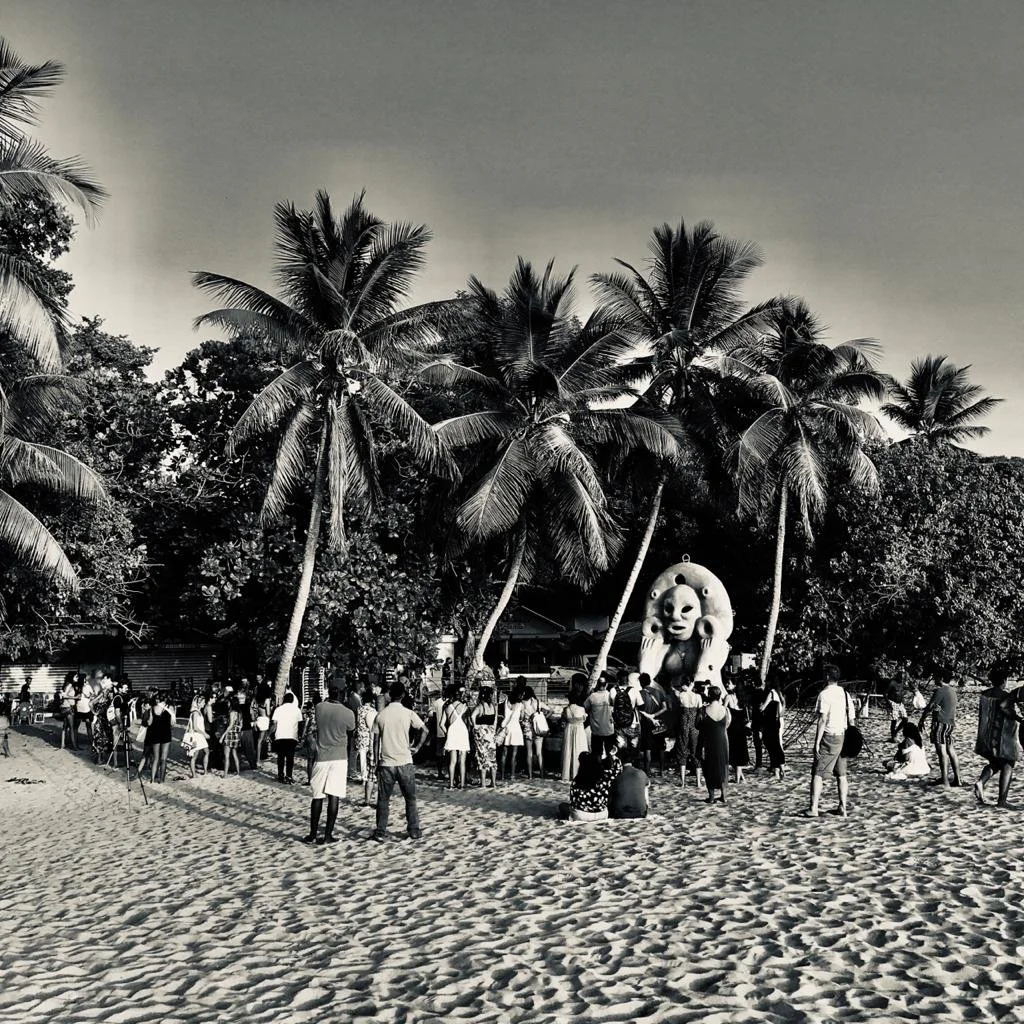
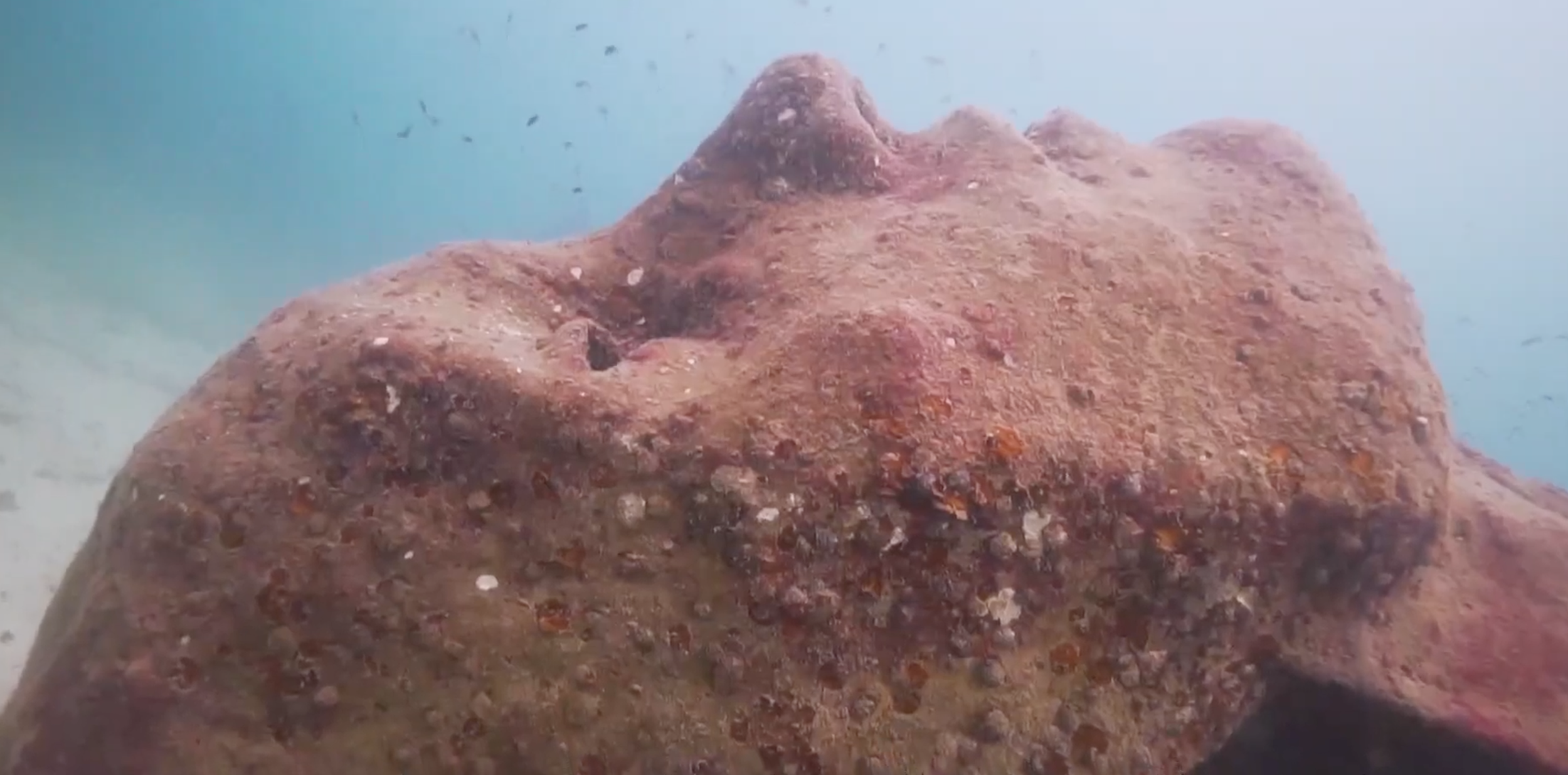
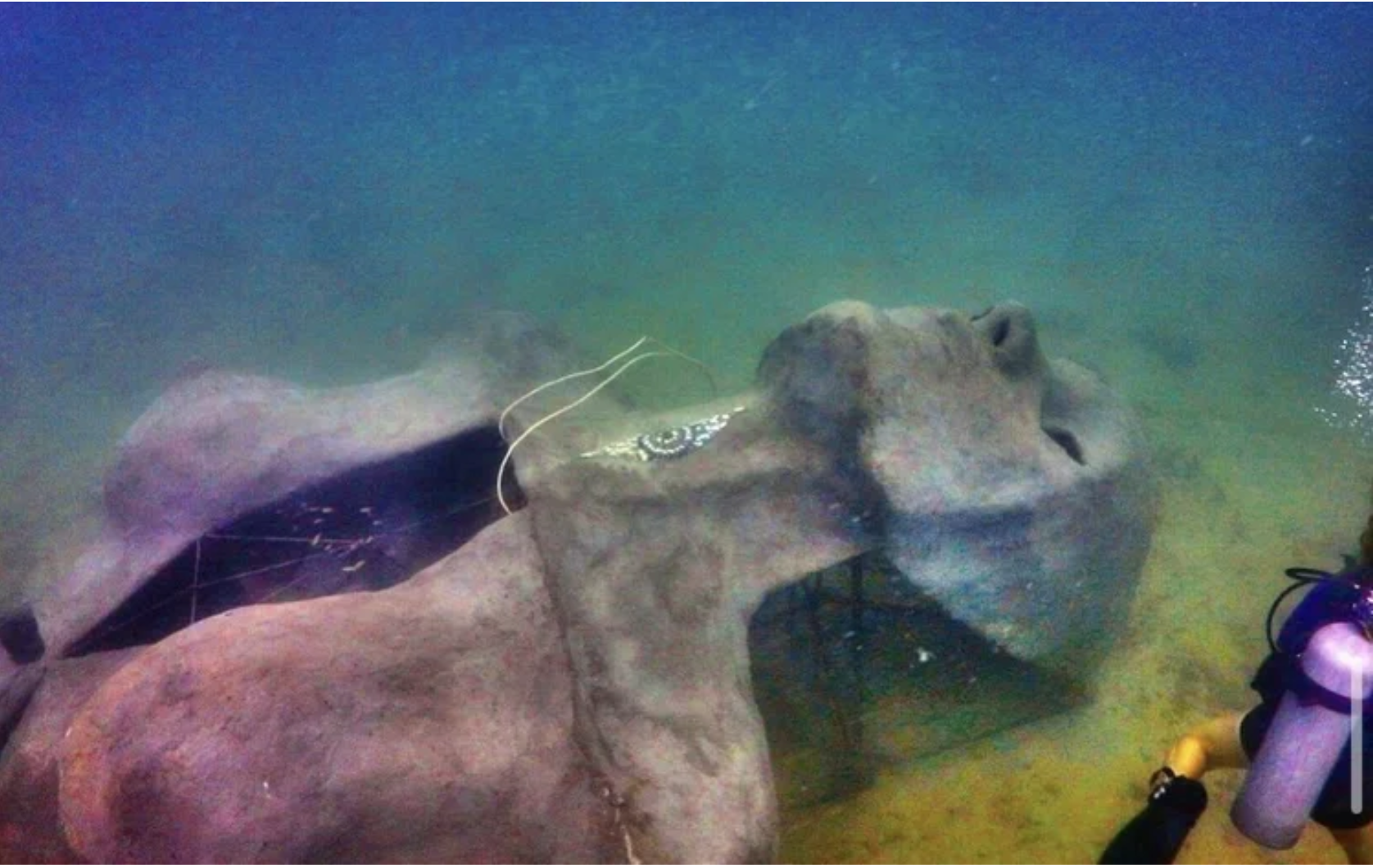



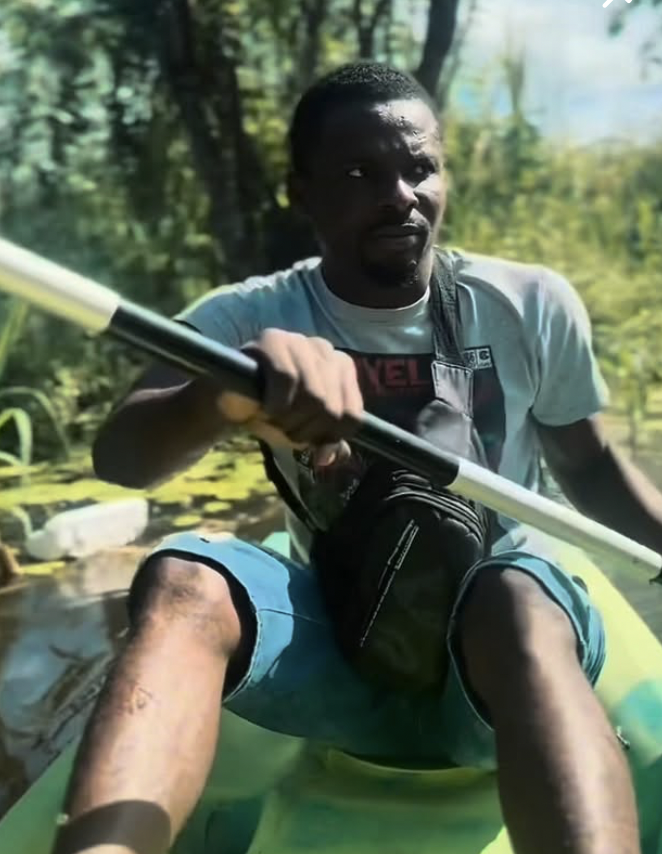
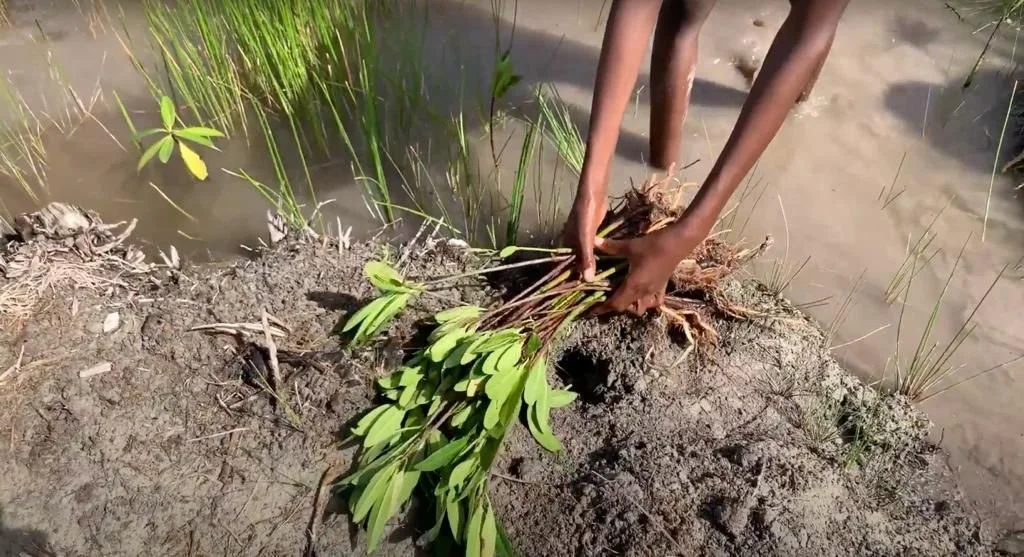
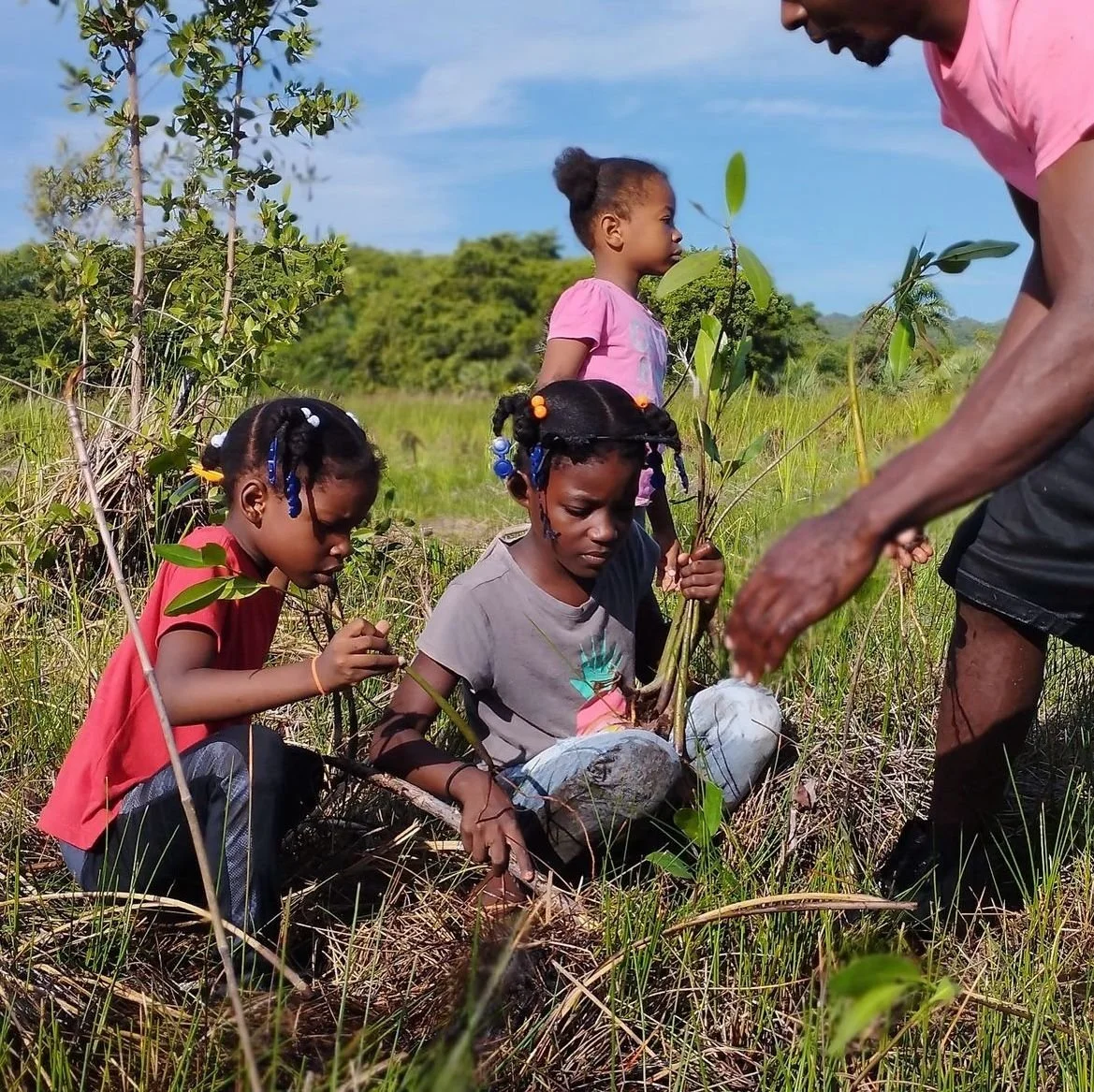

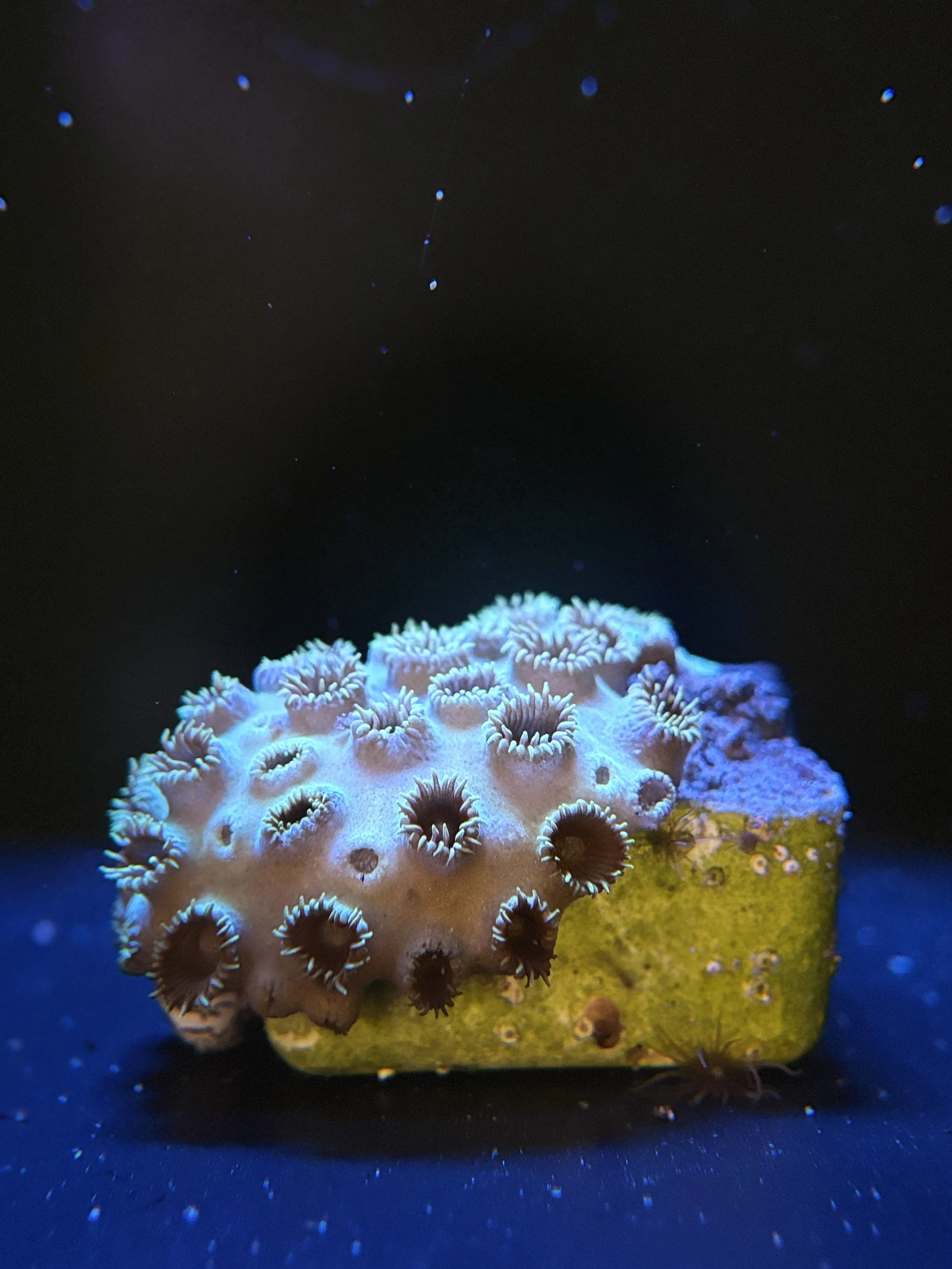
OUR APPROACH
We utilize a creative and holistic ridge to reef approach to catalyze communities around ecosystem regeneration.
Our underwater sculptures catalyze local and global awareness and action and become ecotourism and restoration sites.
ART
We partner with local NGOs to accelerate collaboration around marine protection, coral farming and mangrove reforestation initiatives.
SCIENCE
We activate local communities to create a culture and economy of regeneration for long-term conservation.
COMMUNITY
ridge to reef
A “Ridge to Reef” approach is an environmental management strategy that recognizes the interconnection between ecosystems; from river headwaters, wetlands, and lagoons to coral reefs and marine areas.
At Global Coralition, we utilize this holistic approach by integrating marine protection, coral farming, mangrove restoration, ecotourism, and community development.
MAZU
Launched in 2019 in Koh Tao Thailand in partnership with Eco Koh Tao.
Located in a marine protected area.
+5000 corals surrounding her.
Part of a 200 sq meter reef restoration site.
ATABEY
Project launched in Sosua, Dominican Republic in 2023.
Located in a marine protected area led by Fundación Ecológica Maguá since 2009.
Land-based coral farm established in 2023 practicing microfragmentation 20 underwater domes deployed around Atabey holding 2500 corals.
Fundación Ecológica Maguá runs a coral farm practicing larval propagation.Mangrove restoration initiatives began in 2023, planted 720,000 mangroves to date - training 67 environmental stewards and first year with no wildfires in the lagoon.
MICRO
FRAGMENTATION
Pilot land-based coral farm located at a local school, practicing micro fragmentation - a process of slicing coral into tiny pieces which accelerates growth rates up to 50x.
MANGROVES
Filter and cool water, create habitat and sequester 4-10x more carbon than terrestrial trees. We sponsored our local operational hub, EcoSoluciones RD, to plant more than 320,000 mangroves across the Dominican Republic and supported our partners Despri-Haiti to plant 390,000 mangroves in Haiti - empowering women and fishermen, reducing gender violence, enrolling children in school, and implementing wildfire prevention training.
EDUCATION & ECOTOURISM
Our teams are locally led and the sculptures, coral farms and mangrove projects attract eco-tourism which generate sustainable revenue to support local operations.
AS FEATURED IN
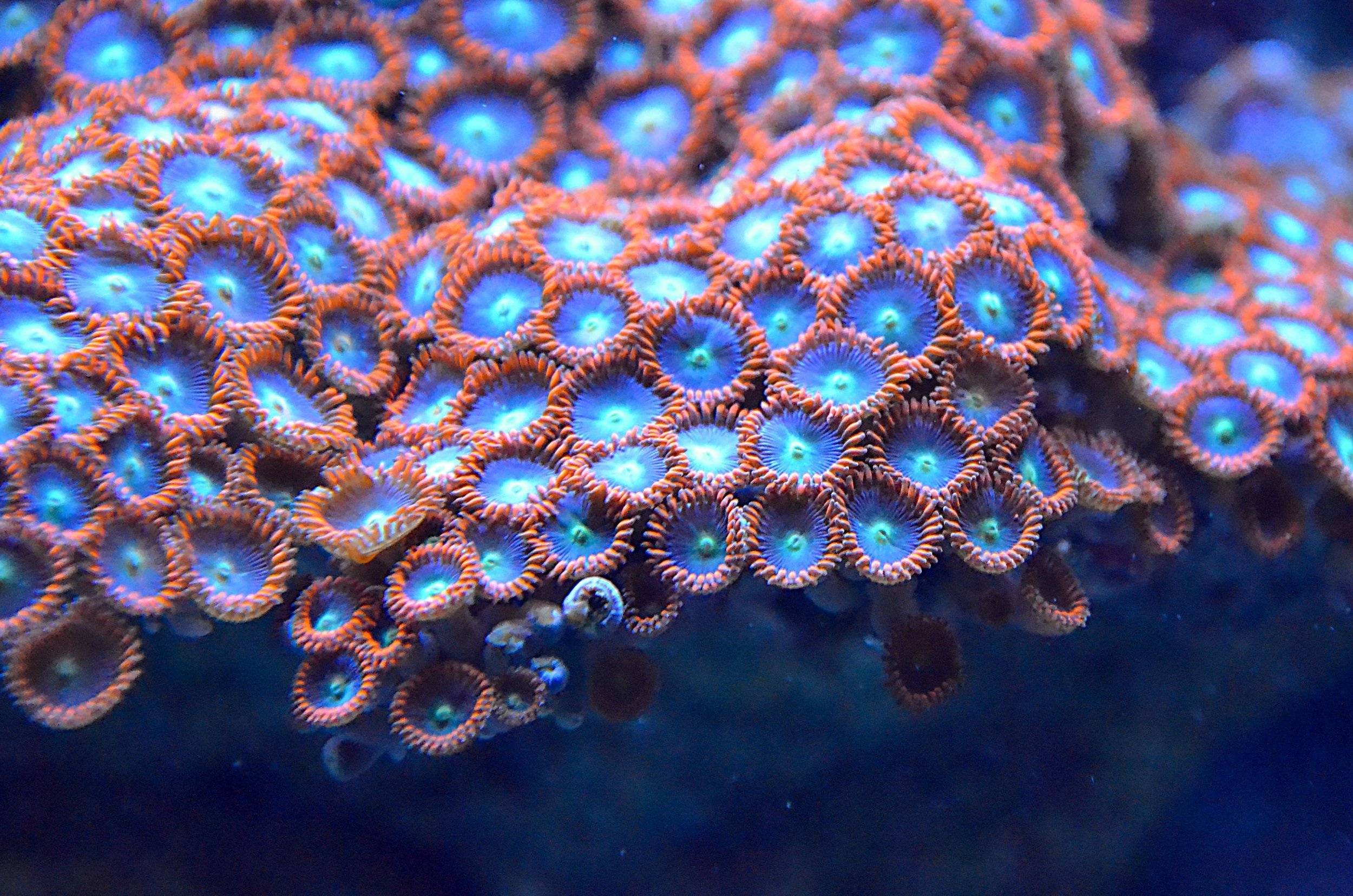
OUR PARTNERS
